Abraham Nussbaum
Physician, Teacher, Writer
The Reading Cure
People sometimes confuse psychics and psychiatrists. Shrinks can’t read minds; we read books. A few years ago, I left social media and resumed reading. Reading builds resiliency and the ability to form therapeutic alliances. Here are some books about doctoring that I have been reading lately:
-
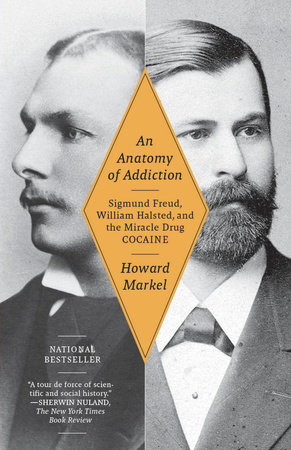
An Anatomy of An Addiction
Cocaine shaped the two structures– psychoanalysis and residency– that defined my medical training. In Markel’s telling, Freud shifts from description to interpretation, and Halsted transforms from an ever-present surgeon to an aloof attending under the influence of cocaine. A fascinating account of how substance use shapes our lives. More than a century on, I recognized…
-
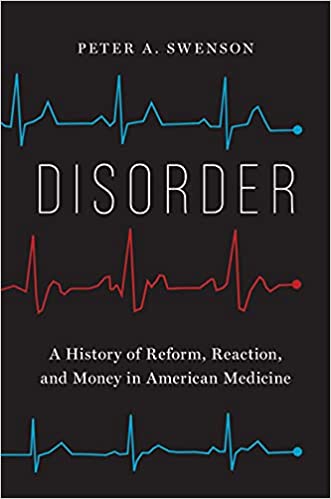
Disorder, Peter Swenson
If you care about progressive movements within medicine, you have to know how we failed to build an actual healthcare system. Challenging Starr’s seminal work, Swenson places the blame squarely on the American Medical Association. I knew some of this, disagreed with the microscopic focus on the AMA, and learned even more. Just a devastating…
-
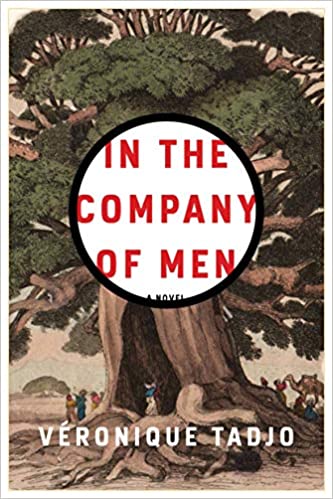
In The Company of Men, Veronique Tadjo
Why pandemic? @VTadjo offers a humane, poetic view of the 2014 Ebola pandemic that feels more timely and more incisive than most COVID post-mortems. Sweeping but intimate, Tadjo hears the tree, the bat, the scientist, and the sufferer all speak. We do too. Here’s a doctor “in a spacesuit discovering a new universe”: “I refuse…
-
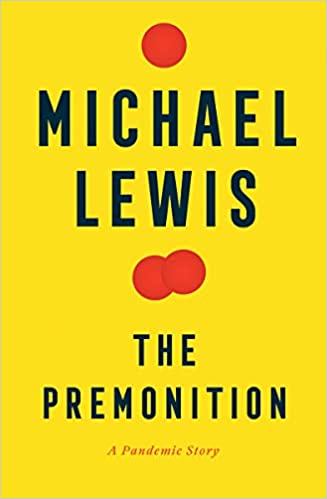
The Premonition, Michael Lewis
What happens when you neglect public health for decades? A Lewis book can feel like a ready-made– assemble a scrappy band of profane characters who see things to which their sclerotic masters are blind and then wind them up into an I told you so— but damn if it don’t read well. More than most,…
-
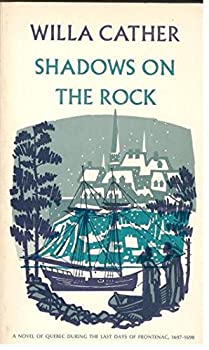
Shadows on the Rock, Willa Cather
“I shall do nothing to discourage my patient, Monseigneur, any more than I shall bleed him, as many good people urge me to do. The mind, too, has a kind of blood: in common speech we call it hope.” I adored all this novel of frontier Kebec, and its descriptions of medicine, but this line…
-
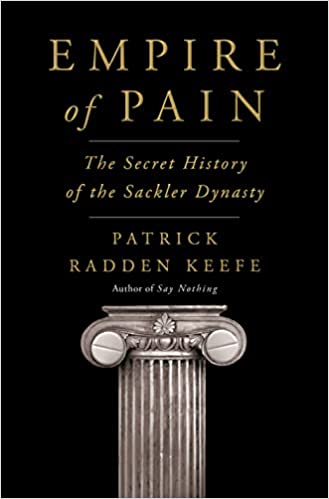
Empire of Pain, Patrick Radden Keefe
Damn @praddenkeefe, this was one was devastating. Hippocrates said doctors harvest misfortunes of their own to rid the sick of their disease and suffering. The Sacklers inverted the formula, harvesting a fortune off patient’s misfortunes. A deeply-reported account of how the Sackler family fed the opioid epidemic, it can also be read as a story…
-
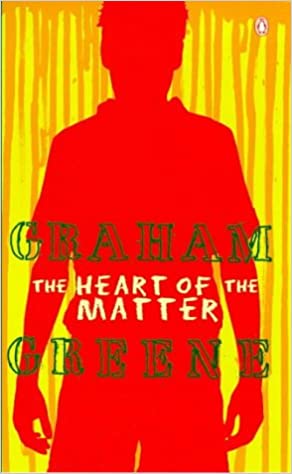
The Heart of the Matter, Graham Greene
Greene’s remarkable account of suicide as the satisfaction theory of atonement describes Dr. Travis as earnest and reverent as a priest. “…he treated the body with great respect; when he rapped the chest he did it slowly, carefully, with his ear bowed close as though he really expected somebody or something to rap back.” Scobie,…
-
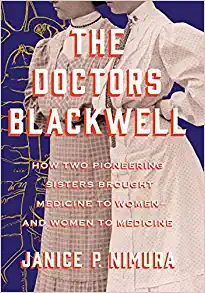
The Doctors Blackwell, Janice P. Nimura
@janicenimura brings the 19th c. alive. If the future is female, it’s thanks to the Blackwell sisters. They blazed different paths through medicine that, although celebrated in their era, are far easier to see today because of Nimura’s work. A great example of how a good historian works.
-
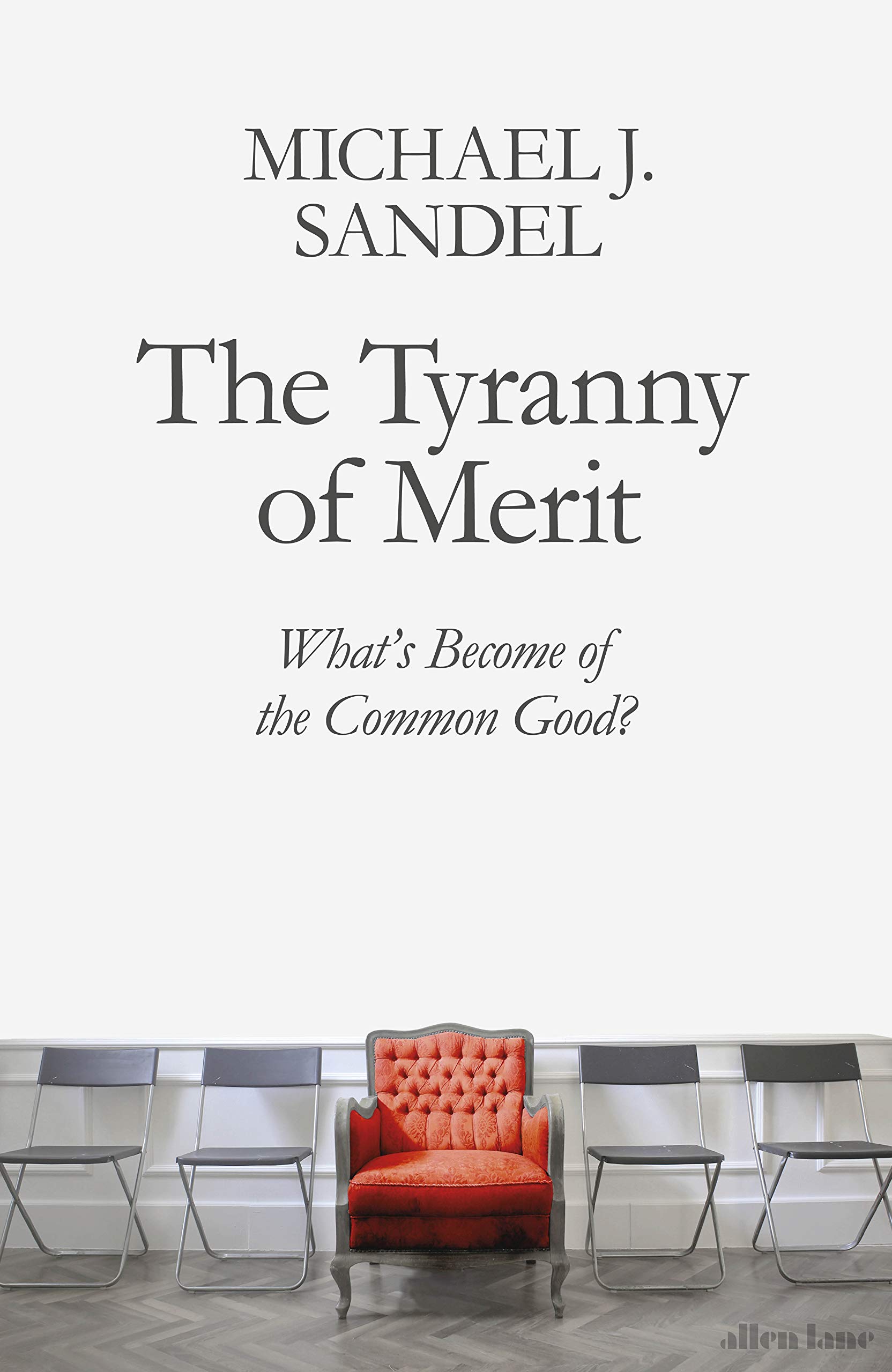
The Tyranny of Merit, Michael Sandel
Why so divided? We maximize individual merit at the expense of the common good. So sayeth Sandel. And sayeth definitively. I dare anyone to finish this book wanting to defend today’s meritocracy. One suggestion: in his account of how to better college admissions, I kept wanting him to explore the NRMP Match as an option.
-
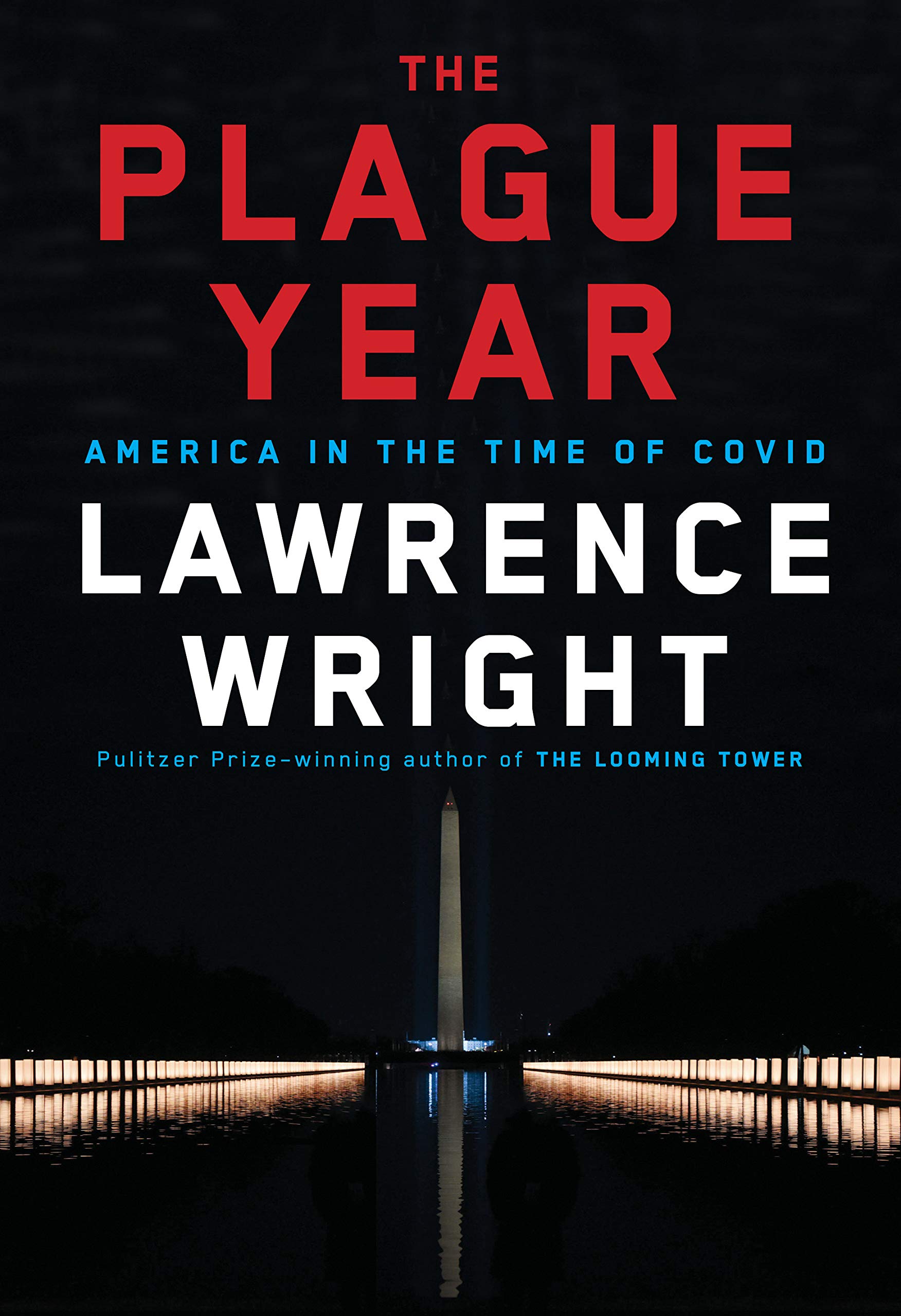
The Plague Year, Lawrence Wright
Reading Wright feels like a clean transcript of an explicit nightmare, which makes it all the more revolting. An expected virus caused an unaccustomed ravage. Why? Wright narrates the failure of diverse authorities– complacent powers, inept leadership, a polarized polis– as a kind of Swiss cheese diagram for a worldwide adverse event. There is more…
-
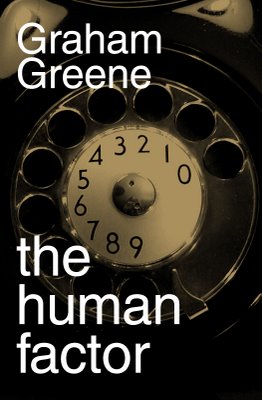
The Human Factor, Graham Greene
Dr. Percival favors smoked trout, but he feeds his patients red herrings. Percival is a bit of a stock villain, but even stock villains have the feel of the real in Greene’s novels. Percival inverts the therapeutic alliance, giving the truth to the novel’s warning: “he who forms a tie is lost.”
-
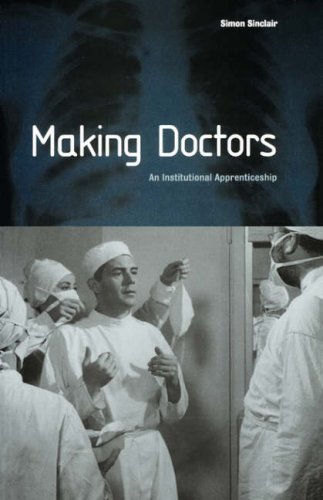
Making Doctors, Simon Sinclair
Knowledge. Experience. Responsibility. Sinclair, a physician turned anthropologist, charts their reinforcement as the NHS makes students into doctors capable of being “On Take” with their “bleep.” Medical training gives you an education and a license. To get both, you have to learn how to “pathologize the world.”